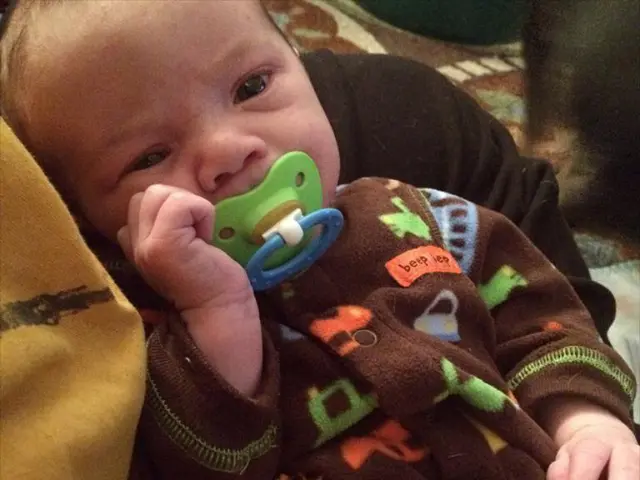Home DNA Test for Estimating Breast Cancer Risk Carries Constraints
The popularity of at-home genetic tests, particularly those for breast and ovarian cancer, has surged in recent years due to their convenience and efficiency. One such test, approved by the U.S. Food and Drug Administration (FDA) in 2018, screens for genetic mutations linked to breast cancer. However, breast cancer specialist Dr. Shimoli Barot warns that the test's usefulness is limited.
This DNA test identifies alterations in the BRCA1 and BRCA2 genes, which, when mutated, significantly increase the risk of breast and ovarian cancer. These mutations are hereditary and can run in families. The test requires no prescription, can be ordered online, and involves sending a saliva sample to a lab for analysis.
The test focuses on three "founder mutations" that are most common in people of Ashkenazi or Eastern European Jewish ancestry. While it's a good screening tool for this demographic, it doesn't evaluate other high-risk genes or non-genetic factors that may contribute to breast cancer risk. Dr. Barot notes that patients whose home DNA tests are negative may still benefit from more comprehensive genetic testing or additional screenings.
If you test positive for a BRCA mutation, share your results with a healthcare provider who can help devise a plan to mitigate your risk. A positive test result does not guarantee the development of cancer, but it does increase the likelihood. In many cases, your healthcare provider may suggest further genetic testing or counseling.
On the other hand, a negative test result doesn't rule out the possibility of other genetic mutations that increase cancer risk. It also doesn't guarantee the absence of cancer in the future, especially if you have a family history of breast cancer. In such cases, consultation with a healthcare provider is advisable for further screening options.
Dr. Barot recommends working with a genetic counselor, regardless of ancestry, if you have a strong personal or family history of breast cancer, ovarian cancer, male breast cancer, or pancreatic cancer. The genetic counselor can help determine the most suitable test, anticipate possible results, discuss risk reduction strategies, and interpret test results.
In conclusion, while at-home genetic tests offer some benefits, they have limitations, particularly in accuracy, comprehensiveness, and regulatory oversight. For those concerned about breast cancer risk, clinical genetic testing, genetic counseling, or a family history assessment may provide more accurate and comprehensive results.
- At-home genetic tests, including those for breast and ovarian cancer, have seen a rise in popularity due to their convenience and efficiency.
- The DNA test covers alterations in the BRCA1 and BRCA2 genes, which, when mutated, can significantly increase the risk of breast and ovarian cancer.
- This test focuses on the three "founder mutations" common in people of Ashkenazi or Eastern European Jewish ancestry, but it doesn't evaluate other high-risk genes.
- A positive test result for a BRCA mutation might increase your likelihood of developing cancer, but it doesn't guarantee the actual development.
- If you test negative for a BRCA mutation, it doesn't rule out other genetic mutations that might increase cancer risk.
- For individuals with a strong personal or family history of breast, ovarian, male breast, pancreatic cancer, consulting a genetic counselor is advisable.
- Clinical genetic testing, genetic counseling, or a family history assessment might offer more accurate and comprehensive results compared to at-home genetic tests, providing a more thorough approach for those concerned about breast cancer risk.








